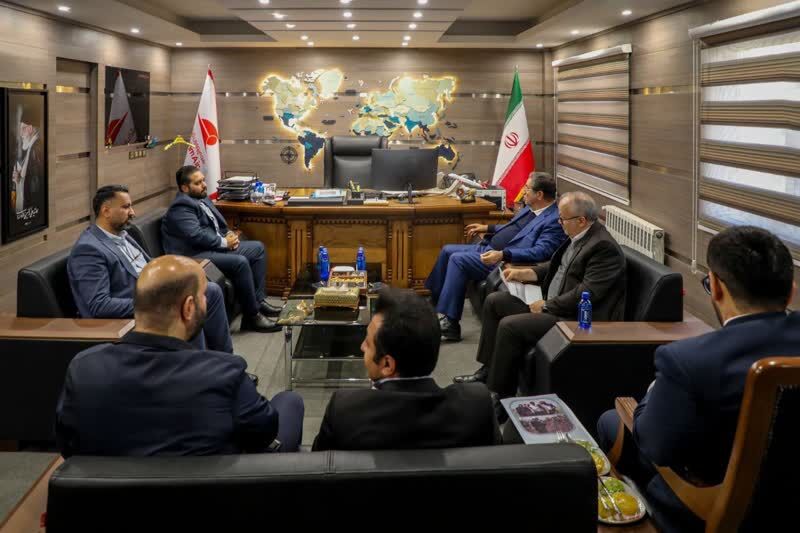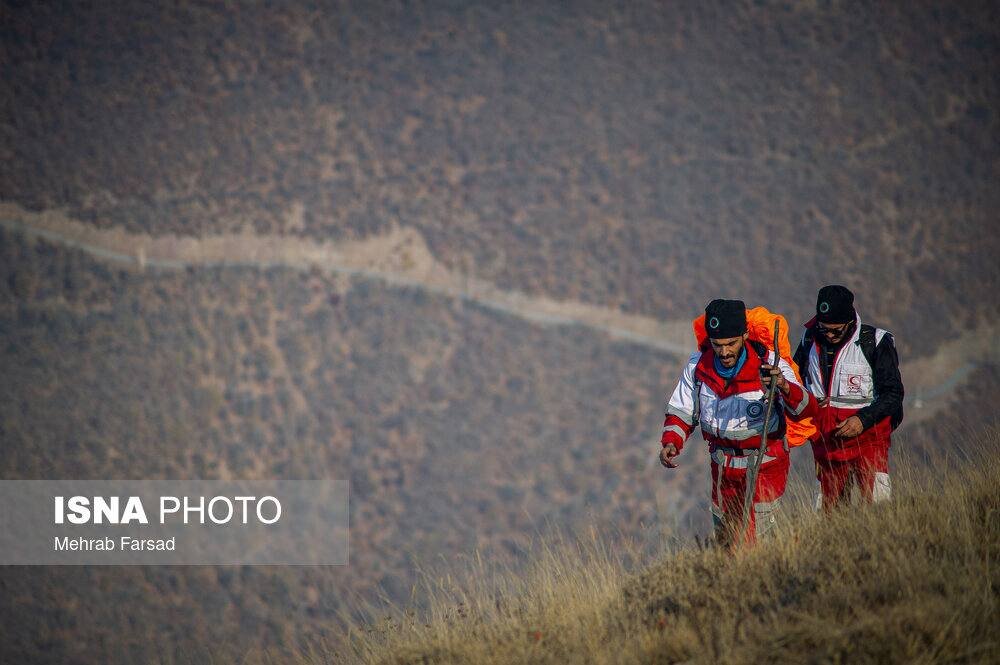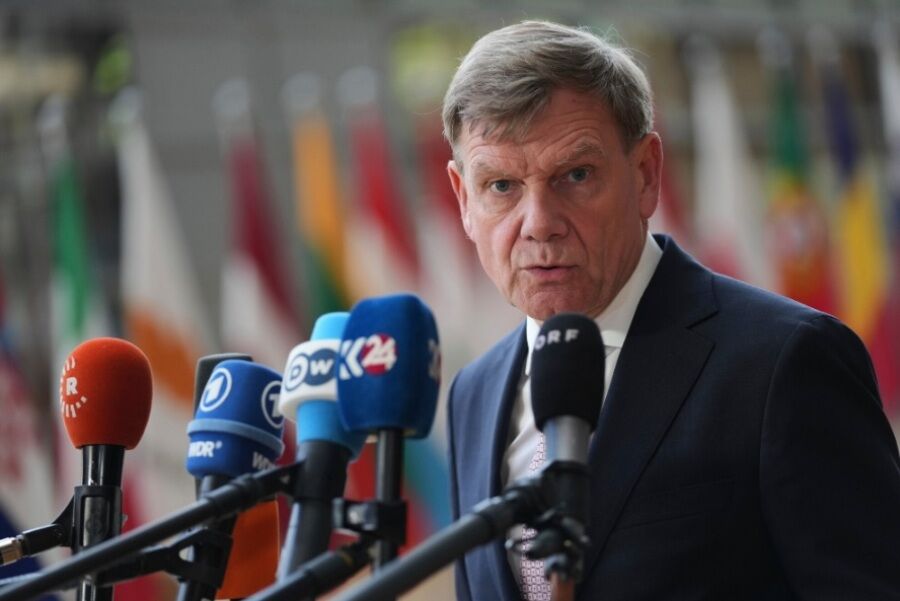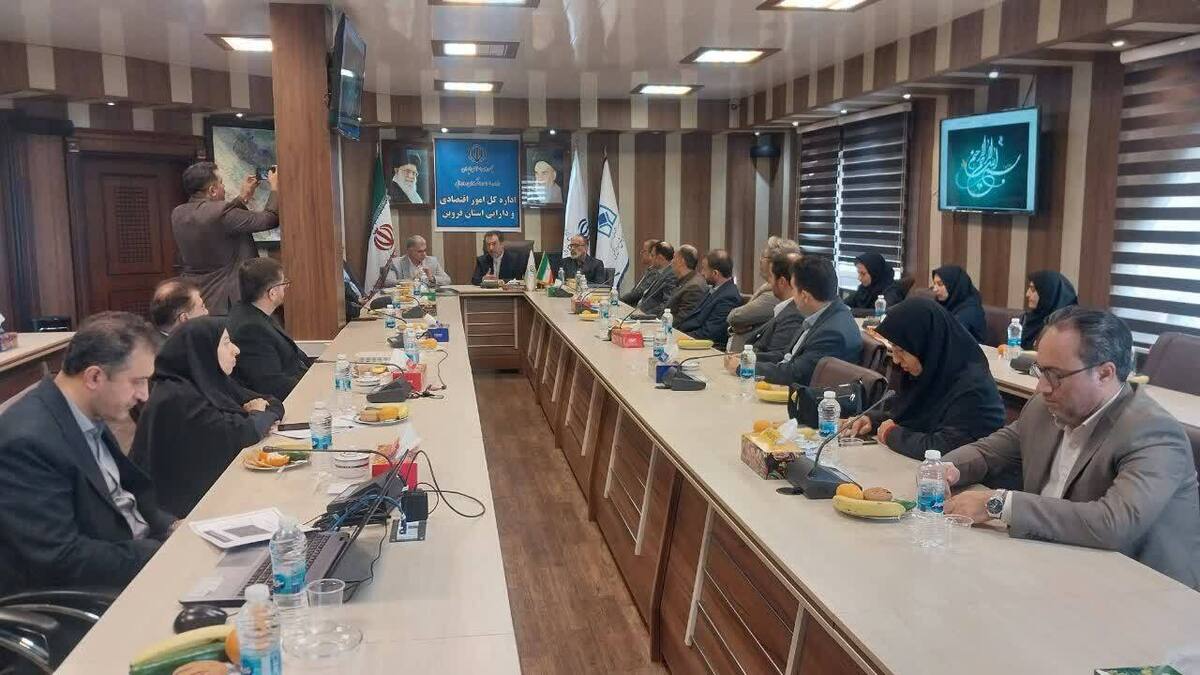'Absurd': India's widespread crackdown on Muslims saying ‘I Love Muhammad'
'Absurd': India's widespread crackdown on Muslims saying ‘I Love Muhammad'

Since early October, Indian authorities have arrested thousands of Muslims, demolished several buildings, and imposed internet shutdowns in Muslim neighbourhoods across several states over people's refusal to stop saying “I love Muhammad.”
The phrase - seen on banners, T-shirts and on social media posts across the country - has become a pretext to control Muslims' expression of their faith in India.
Authorities say that the displays threaten public order. Rights activists and analysts argue the events are emblematic of a broader targeted crackdown against India’s Muslim minority.
According to initial data from the Association for Protection of Civil Rights (APCR), between the first incident in early September and 23 September, at least 21 FIRs - or First Information Reports - were filed at police stations, over 1,324 Muslims were booked, and 38 people were arrested in the north Indian state of Uttar Pradesh and across other states.
In its latest report released on 10 October, the APCR noted that by 7 October, around 4,505 Muslims had been officially charged and 265 arrested across India, including 89 in Bareilly alone.
How did it begin?
The first incident took place on 4 September in the northern city of Kanpur, during Milad-un-Nabi, a festival commemorating the birth of the Prophet Muhammad.
Kanpur is the second largest city in the most populous state in India, Uttar Pradesh. The state is also home to the largest population of Muslims in India.
A group of local Muslims installed an illuminated sign that read: “I Love Muhammad.” Some local Hindus objected, arguing that it was an escalation of a traditionally subdued celebration.
Citing complaints, Kanpur police later filed criminal cases against around two dozen people under the charge of promoting religious enmity, and that these acts could "disturb communal harmony".
What began as a minor dispute quickly turned into a national controversy.
Across several Indian cities, young Muslims took to the streets, raising banners and chanting “I Love Muhammad” as an assertion of faith and identity.
Authorities initiated a complete crackdown in response.
Arrests and 'bulldozer justice'
In Bareilly, a city in western Uttar Pradesh, tensions escalated after a demonstration led by local Muslim imam Tauqeer Raza Khan turned confrontational on 26 September.
The next day, police arrested 75 people - not just protesters and Raza himself, but also Raza’s relatives and aides.
Among those detained was Mohammad Mehtab Khan, who, according to his family, had no involvement in the demonstration.
He was picked up by the police when he was leaving the mosque after evening prayers.
“We were in Delhi and had no idea [what had happened]. We got the information very late, around 11 or 12 at night, that he was arrested,” Khan’s sister Anamta Khanam told Middle East Eye.
'This represents a constitutional crisis'
- Nadeem Khan, Association for Protection of Civil Rights
“There was no explanation, just silence,” she added.
The following days saw a dramatic escalation. Local authorities in Bareilly demolished four properties allegedly linked to the accused.
No prior warning was issued. No court order was shown.
In recent years, under the rule of the Modi government, authorities in a string of states - but particularly in Uttar Pradesh - have demolished homes of low-income households and minorities as a punitive measure.
Several Bharatiya Janata Party (BJP) leaders have endorsed the bulldozing as "instant justice" or "bulldozer justice".
In June, several experts with the United Nations Office of the High Commissioner for Human Rights described the practise as “an aggravated form of human rights violation, and are especially egregious when they target or discriminate against minorities or marginalised communities”.
Aakar Patel, chair of the Amnesty International rights group in India, told MEE that the act of collective and arbitrary punishment “egregiously violates the rights of those affected, including the rights to a fair trial, adequate housing, dignity, and non-discrimination”.
In late 2024, the Supreme Court ruled that demolishing properties without due process and purely based on alleged criminal involvement was unconstitutional.
Yet the practice continues, often justified as part of an anti-encroachment drive.
Nadeem Khan, an activist and the national coordinator of APCR, described the government as “weaponising demolition drives” to target minorities.
“This represents a constitutional crisis,” he told MEE.
Legal footing
Although the “I love Muhammed” slogan itself does not violate any Indian laws, police have used a range of indirect legal justifications, from unlawful assembly to inciting enmity, while arresting those displaying it.
In the capital, New Delhi, 21-year-old Ali Khan was detained after he led a peaceful group to a police station to file a complaint about an anti-Muslim social media post.
Rather than investigating the post, Khan said, the police detained him and his companions.
They were forced to sign an apology letter. Later, the police raided Khan’s home in Old Delhi.
“When the police came home, she (his mother) told them I was upstairs sleeping, but actually, I had gone out for some work. My mother just didn’t know,” Khan told MEE.
'When I came to know about the raid, I left Delhi because I didn’t feel safe anymore'
- Ali Khan
Critics have pointed out the stark contrasts in how Indian authorities treat public religious expressions from different communities.
While Hindu religious processions are often supported by the police - sometimes even celebrated with flower showers from helicopters, like during the Kanwar Yatra - Muslim displays are frequently restricted or removed.
In several cities, APCR’s Khan claimed that the police forced children to take down “I Love Muhammad” banners or stickers.
“This contrast reveals that the issue is political, not religious,” he said. “You can see stickers of Ram Ji and Hanuman Ji on cars across the country. We have no issue with that; it’s a matter of personal faith. But the police never take action against such displays. Why then are they targeting Muslims for showcasing ‘I Love Muhammad’ banners or stickers?”
In other cities, the local authorities even tore down the banners, which sparked a counter-campaign, with Hindu groups putting up banners like “I Love Yogi”, “I Love Shri Ram” and “I Love Bulldozers” across Ghaziabad in Uttar Pradesh and online.
The move further fuelled anger within the Muslim community, along with feelings of discrimination at the hands of authorities.
Amnesty’s Patel said, “It is absurd that the state should target people for saying ‘I Love Muhammad’, which is a peaceful expression and devoid of any incitement or threat.”
He said that it does not meet the threshold for criminal restriction under either Indian constitutional law or international human rights law.
“Public order concerns must be addressed proportionately and cannot justify blanket suppression of religious identity or expression, as is happening here,” he added.
India’s withering secularism
India’s constitution guarantees religious freedom and free expression under Article 25 and protects freedom of speech under Article 19(1)(a), unless it incites violence or hatred.
But under the Modi government, both appear increasingly fragile.
Since 2014, there has been a sharp rise in hate speech, mob violence, and discriminatory policing, primarily affecting Muslims.
Observers say that this is the result of an official ideology - Hindutva or Hindu nationalism - which views Muslim identity as foreign and oppositional.

Even minor expressions of Muslim faith are now treated as political acts and often, as threats.
“Indian secularism has been under attack since 1991, when the Babri Masjid was demolished. Even when the Hindu right wing wasn’t in power, its social influence remained strong. But after 2014, that influence became state policy,” Ram Puniyani, a prominent human rights activist, told MEE.
In recent years, India’s Muslim minority has faced rising violence, intimidation, and state crackdowns fueled by the BJP and its right-wing allies. Hate speech, lynchings, mosque demolitions, and harassment of Muslim students, journalists, and activists have deepened an atmosphere of fear.
Under Modi’s government, religious nationalism has surged, equating patriotism with Hindu identity and branding Muslim dissent as “anti-national”.
It's been over a month, and the controversy continues while the families are left waiting and grieving.
Anamta Khanam says that her brother remains in jail thanks to a government that was “instigating hatred”.
With state elections approaching in India, observers said that such crackdowns may become more frequent.
And while international organisations have issued statements of concern, there has been little domestic pushback from major opposition political parties.
“Injustice has reached such an extreme that Muslim youth now stand at a dead end: resist and face persecution, or surrender and disappear,” Ali Arif, spokesperson for the Muslim League (Uttar Pradesh), told MEE.












